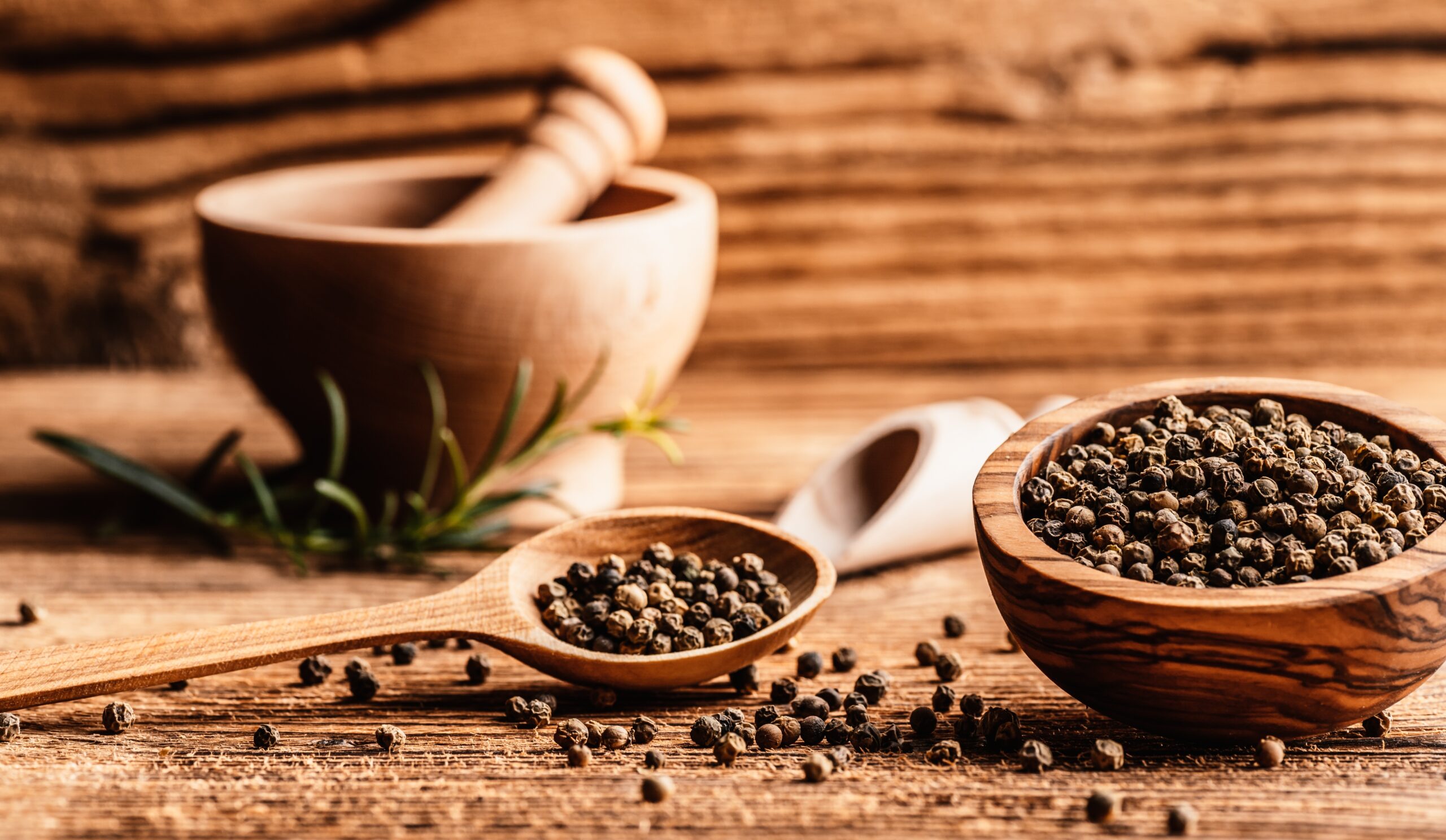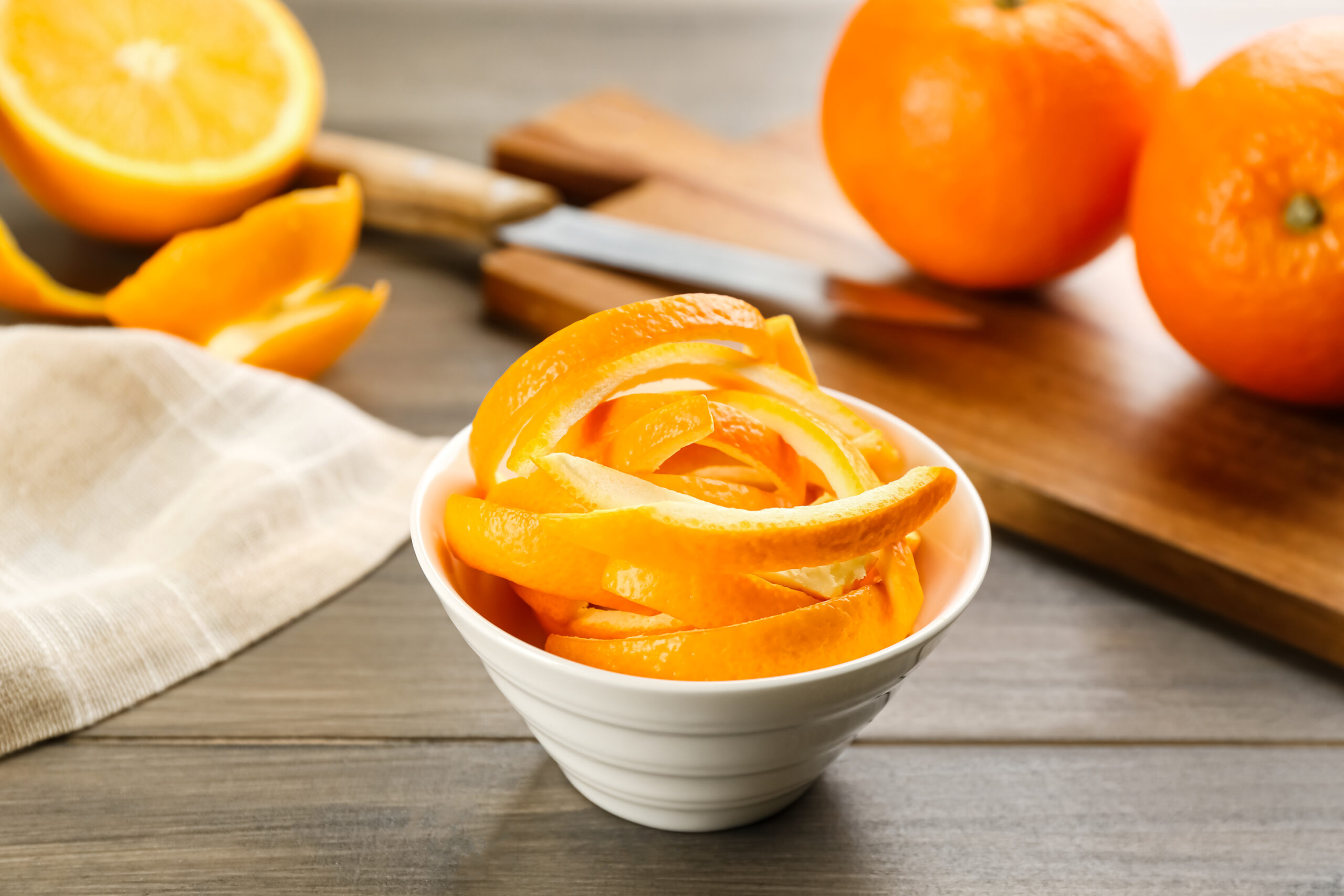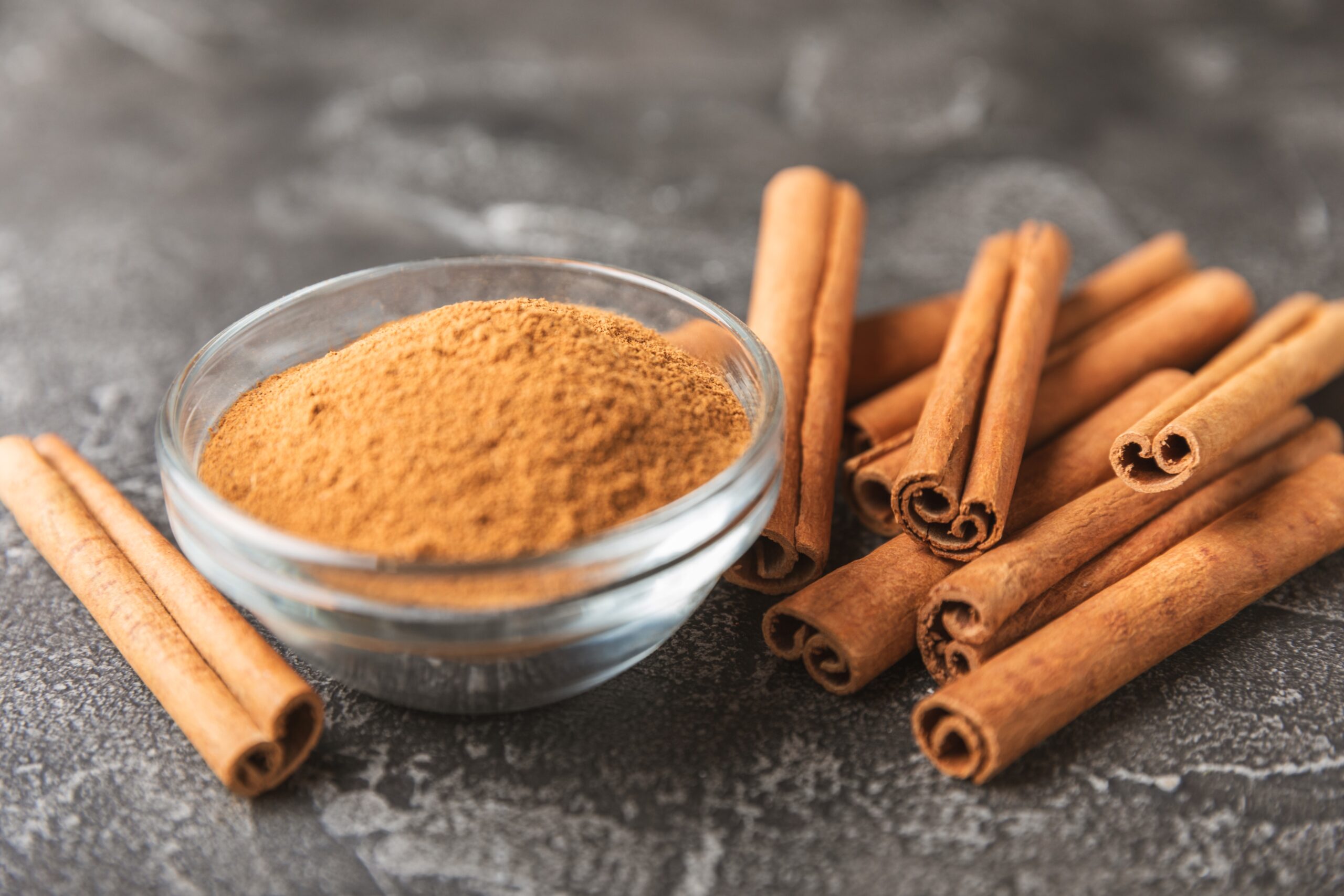What’s The Dirt On These 8 Natural Pest Repellents?
What’s The Dirt On These 8 Natural Pest Repellents?
Summary: There are a lot of bold claims surrounding DIY pest solutions and repellents. This blog gives a brief disclaimer about the risks and typical pitfalls of DIY repellents to warn homeowners that these solutions don’t always work, but they are welcome to try them. It then gives a quick description and list of impacted pests for 8 popular DIY repellents, then provides a short explanation of why the trick will or won’t work. The DIY solutions listed here are herbs, white vinegar, peppercorns, chalk, citrus peels, coffee, cinnamon, and essential oils. Pointe Pest Control is described as the most dependable solution to any pest problem.
You can look up a DIY solution for just about anything, and you’re guaranteed to have about a million search results to sift through. Clogged garbage disposal? Leaky sprinkler head? A broken door screen from when your dog “accidentally” ran right through it? The internet has all kinds of promising answers to your problems!
Pest prevention is another topic that people often search in the hopes of finding easy ways to keep the creepy-crawlies out of their homes. There’s an endless number of supposed “solutions” to everyone’s pest problems, but what kinds of promises do the proponents of these natural repellents make? Let’s dive into 8 of the most popular natural DIY repellents to see what kinds of claims they make — and if they’re easily debunked.
A Note On Natural Repellents
Before we really get into these repellents, we want to stress one important point: no DIY solution or all-natural repellent is guaranteed to keep you pest-free forever. They might work for a short period of time and give you some relief from the pests you’ve been battling. But when you want to really be sure that you won’t share your space with an army of pests, professional services is the way to go. The team’s experience and training combined with the efficacy of the products makes for a reliable solution to your pest problems.
But if curiosity prompts you to try any of these natural repellents out, we recommend doing more research on any potential risks involved. For example, some people experience allergic reactions to certain essential oils. Make sure to patch test anything that you haven’t applied to your skin before, such as a new essential oil or repellent. The last thing you need on top of a frustrating pest problem is an allergic reaction to your own repellent!
Herbs
Affected Pests: Garden pests, flies, mosquitoes, spiders, wasps
This is one of the most frequently-used natural repellents, especially in the gardening community. Its popularity is probably due to the fact that the user repels pests from their home and has tasty herbs to use in their cooking! Apparently, by planting herbs near other plants — especially vegetables and flowers — you can repel pests from the whole area before they have a chance to munch on your other plants. This is likely due to the strong scent and taste of the herbs, which repel pests. The herbs usually involved in this method are basil, thyme, lemongrass, sage, and rosemary.
White Vinegar
Affected Pests: slugs, moths, ants
Vinegar has a strong scent to humans, so it’s easy to see how it would overwhelm the senses of tiny pests. White vinegar is used in all kinds of natural cleaners because its acidity dissolves grease, soap scum, mildew, and dirt (among other grime) without toxic chemicals. Between this benefit and the fact that pests don’t like vinegar’s smell or taste, it makes sense how white vinegar became a popular repellent. Some sites claim that you can even disrupt ant trails by wiping them up with white vinegar! This cleaning agent is also seen as a great weed killer, but be warned: too much white vinegar will burn the leaves on any nearby plants.
Peppercorns
Affected Pests: flies, wasps
This one is a bit less popular, but it’s a perfect example of the “quick & easy” pest prevention tactic that people want. Some folks say that leaving an open container of black peppercorns in the pantry or food cabinets repulses pests that would otherwise eat your food. The strong scent of the peppercorns is too much for tiny pests to bear, so they will supposedly avoid any area with the spice. It’s easy to see where the logic comes from with this method. Black pepper oil comes from peppercorns and the oil is often used to repel mammals (squirrels, groundhogs, etc.), so why wouldn’t the peppercorns do the same thing?
Chalk
Affected Pests: ants, slugs
We’ve come to the age-old classic: chalk. The tale goes that drawing an outline in chalk around the house’s perimeter disrupts the pheromones (scent chemicals) of ants. Apparently, the chalk’s calcium carbonate is repulsive to ants and slugs of all species. We can’t speak to the validity of that statement — we’d have to interview those pests for a true answer — but the part about the outline is basically false. Drawing a solid outline in chalk doesn’t create an impenetrable shield against ant invasions. They’ll just shift their trails to go to a new location away from the outline. And, trust us, ants are some of the most determined pests out there.
Citrus Peels
Affected Pests: mosquitoes, garden pests, flies
Citrus peels sounds like a counterintuitive method since we know that fruit flies love overripe fruit, so tossing a bunch of peels in the yard would only attract them, right? Well, maybe. If you leave the peels of oranges, lemons, limes, and grapefruits out for weeks on end, then you’ll probably see some insect activity. The strong scent from fresh peels repels certain pests as long as the odor lasts. But the scent isn’t the most effective even at its newest, and it can attract slugs and rodents to the area. Between the potential to attract other pests to the rotten fruit and the hassle of cleaning up all those peels, you might want to skip this one.
Coffee
Affected Pests: ants, mosquitoes, wasps
Coffee is a common pest repellent because of its — you guessed it — strong scent. The coffee grounds are much more concentrated than brewed coffee, and the granules are actually known to repel mosquitoes and wasps. One theory as to why coffee grounds work against mosquitoes in particular is because the powerful scent covers the natural smell of people. Female mosquitoes seek out mammals for their blood, but they have a harder time tracking us down when their noses are filled with the smell of coffee! It’s also worth noting that coffee is lethal to ants, so there might be something to the act of sprinkling coffee grounds in pest-populated areas.
Cinnamon
Affected Pests: mosquitoes, spiders
Similar to coffee, ground cinnamon produces such a strong scent that tiny pests are unable to handle it. Cinnamon oil is said to be even more effective since it’s a high concentration of the spice. Apparently, cinnamon’s scent suffocates bugs who get too close to the source. It even repels spiders from the scene, and any place that’s spider-free is a favorite destination of ours. But beyond repelling and killing pests, cinnamon is believed to have another benefit: eliminating mosquito eggs. Its active ingredients are lethal to young mosquitoes, so using the oil on eggs or sprinkling the spice over submerged larvae should bring them to a swift end.
Essential Oils
Affected Pests: spiders, mosquitoes, flies, gnats
Finally, the most popular entry on this list: essential oils. There are a million and one scent combinations you can make with various oils, and some sources say that certain mixtures repel specific pests. Lavender is a common essential oil for this purpose because lavender plants repel spiders, mosquitoes, and flies. If you research the process of using essential oils as pest repellents, you’ll see recipes for repellents of all kinds of pests. We can’t speak to the efficacy of one combination over another, so you’ll have to do some testing if you’re interested in this project.
Putting the oils in a diffuser is probably the least effective way since it’s so diluted, and it’s important to do a patch test on your wrist before applying any new oils to your body. One of the safer routes is pouring about 20 drops of your oils in a spray bottle and filling the rest with water, then spraying the contents on the pest-populated areas.
True Pest Protection Comes From Pointe
These “home remedies” are fun to try out, but we’ve yet to find a substitute for the real deal of pest control services. At Pointe Pest Control, our licensed technicians get to the root of each pest issue by thoroughly inspecting the property and creating a treatment plan customized to target the current pests. We do not provide temporary fixes that will wear off before the end of the month. Rather, we deliver long-term solutions that keep the pests out of your home for the long run. Whether you’re battling ravenous rodents or antagonistic ants, Pointe is here to help! Contact us today for a free quote on our efficient services.
Citations
6 natural ways to keep bugs out of your garden. (2023, September 7). DripWorks. Retrieved July 26, 2024, from https://www.dripworks.com/blog/6-natural-ways-to-keep-bugs-out-of-your-garden
Guetebier, A. (2022, February 10). 11 natural and homemade insecticides that will be your gardening heroes. Angi. Available at https://www.angi.com/articles/insects-bugging-your-plants-try-these-10-natural-insecticides.htm (Accessed on July 26, 2024).
Jones, A. (2024, July 4). Can citrus peels actually keep your garden pest-free? Alternatives to consider. The Spruce. Available at https://www.thespruce.com/orange-peels-in-garden-8671654 (Accessed on July 26, 2024).
McLeod, J. (2024, January 31). 12 natural insect repellents. Farmers’ Almanac. Available at https://www.farmersalmanac.com/herbal-insect-repellents (Accessed on July 26, 2024).
Millar, H. (2023, March 31). 10 natural insect repellents to try. Medical News Today. Available at https://www.medicalnewstoday.com/articles/natural-insect-repellent (Accessed on July 26, 2024).
Request a Free Quote Today
(We do not share your data with anybody, and only use it for its intended purpose)











